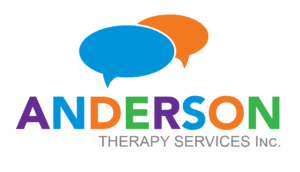Grief and Bereavement in Children and Adolescents
Grief is an individual’s personal experience with loss. This can include the loss of a loved one, a job, a future prospect, relationship, physical ability, or hopes and dreams.
Bereavement is specific to the experience after the loss of a loved one. It is the time after a loss, that involves grief and mourning. This looks and feels different to every individual, and the process of adjusting to this loss is unique to everyone. Grief involves many different emotions, experienced over time. Some examples are:
- shock
- sadness
- loneliness
- anger
- guilt
- confusion
- relief
Grief can also be experienced leading up to a loss. This is called anticipatory grief, and it occurs prior to the loss of a loved one. Many of the same emotions can be experienced prior to a loss, especially when there has been a terminal diagnosis.
When one’s experience with grief does not become less consuming or worsens over time, it is called complicated grief. Complicated grief runs the risk of developing into other mental health concerns such as depression or anxiety.
It can be challenging to determine if a child or adolescent is coping with the death of a loved one, or if they are internally struggling more than they are showing. This is due to their developing worldview, lack of exposure to loss, and emotional awareness or unawareness. It is important to look out for any behavioural changes, and check in often with them to see how they are feeling.
Art therapy can be a beneficial safe space for exploring one’s thoughts and feelings towards a loss. It provides a confidential setting to process the complicated set of feelings associated with grief, in both non-verbal and verbal means of expression. Creating space for processing these emotions allows one to explore their experience, which can easily be repressed through active avoidance techniques otherwise. It allows for the development of one’s worldview towards loss and can create positive associations to the loved one who has passed.
Are Difficulties Holding You Back?
Let us know how we can help.
The clinicians at Anderson Therapy Services will try their best to work with your schedule and offer you therapy services at your convenience. To learn more about our services, contact us at (289) 238-8598 or at info@andersontherapy.ca

